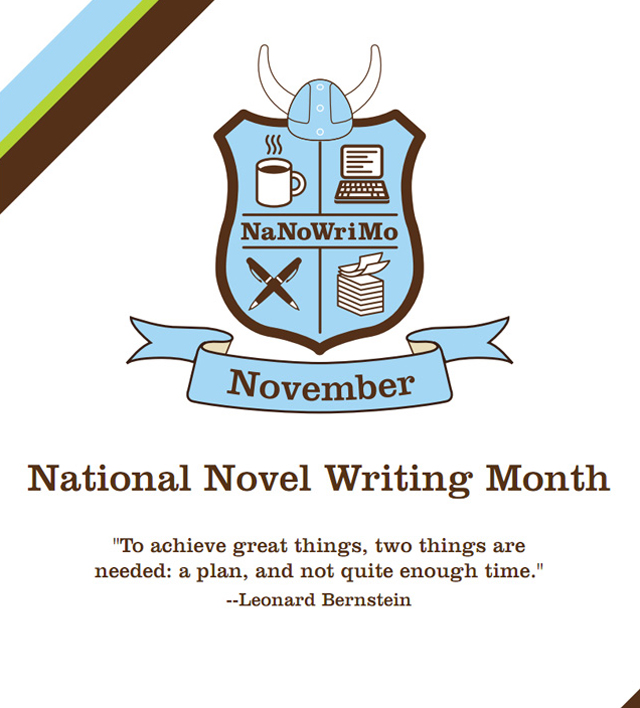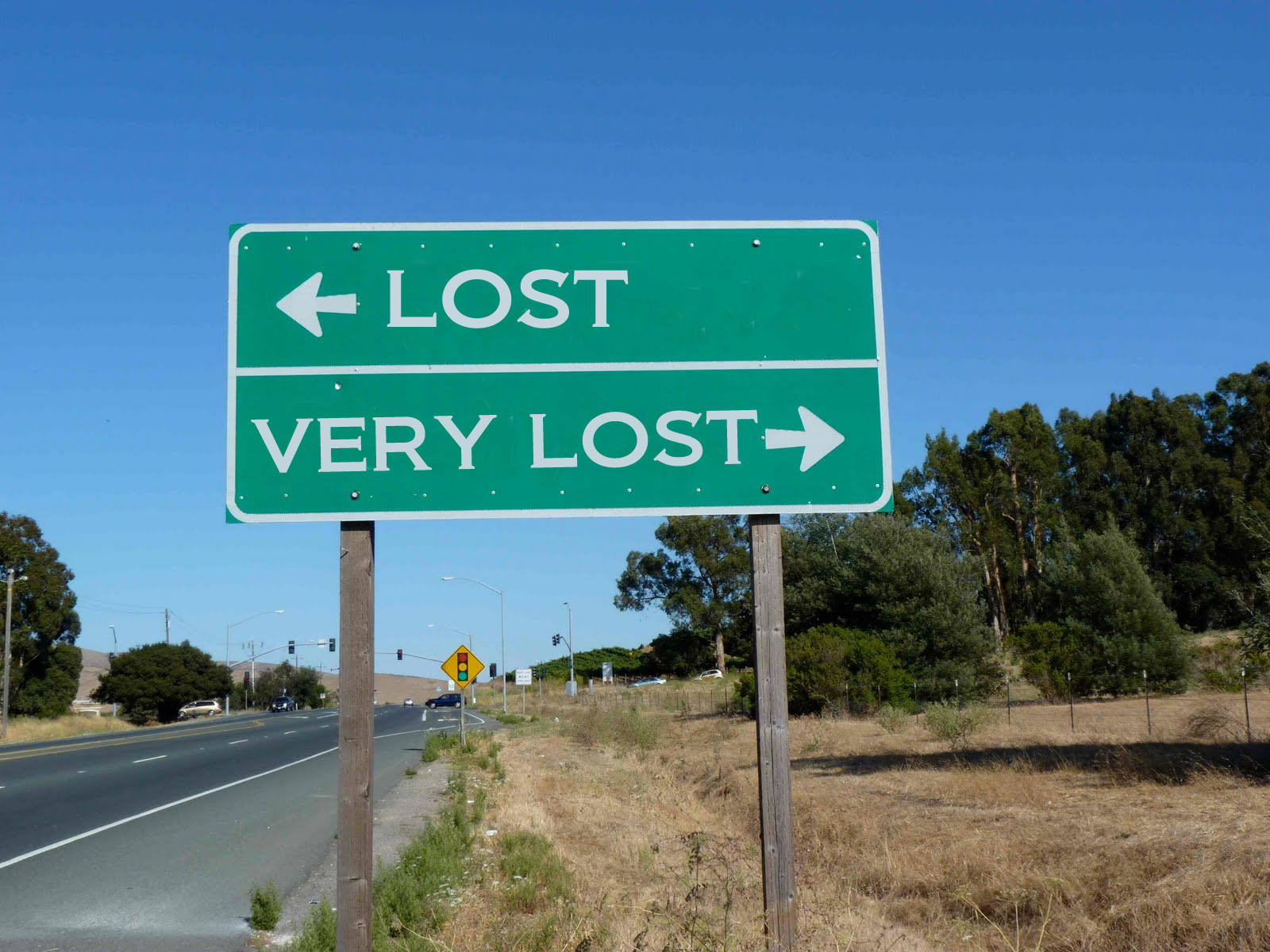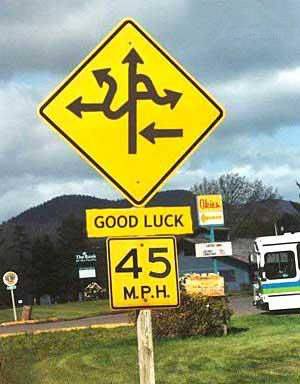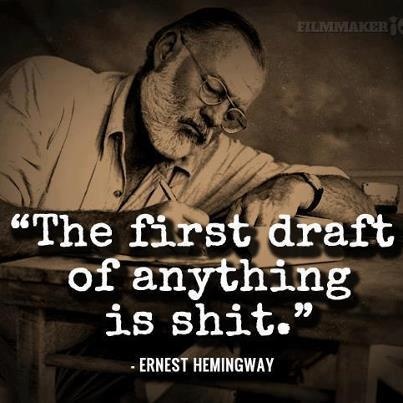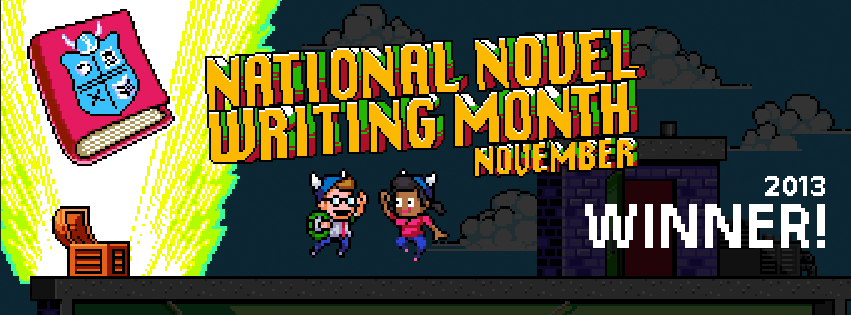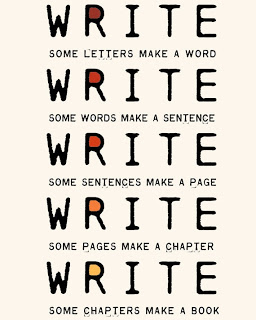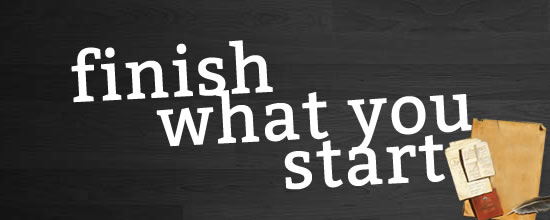Stars: 4 out of 5
It’s been a while since I read a good urban fantasy book that didn’t center around fae or werewolves / vampires and didn’t include a romance. In fact, I had come to the sad belief that these were the only books the genre had to offer. So The Younger Gods by Michael R Underwood was like a breath of fresh air.
Jacob Greene came to New York to escape the clutches of his very overbearing and secretive family and start a new life away from the cult. Jacob’s only worries now are to try and fit into this strange new world that is life at St. Mark’s University, keep his grades up to keep his scholarship, and stretch his meager allowance in order not to die of hunger before the end of each month. Then a crucified body is found in one of the New York parks, and Jacob realizes that his family has caught up with him…
I absolutely loved the main protagonist. Jacob is a smart and well educated boy, even though his knowledge mostly lies in the field of summoning monsters and performing human sacrifices. He is completely lost in the intricacies of the normal college life, and his social skills are so bad that he can’t seem to make friends. The author did an excellent job showing the complete lack of common ground between Jacob and his classmates. They didn’t read the same books, didn’t hear the same stories, and Jacob just doesn’t understand any of the mass culture references we all take for granted. And his over-flowery and slightly archaic speech makes him seem even more alien. Jacob tries so hard to fit in, to put his less than normal childhood behind him, but when he hears about the murder on the news, he immediately recognizes his sister’s signature.
I like the fact that the idea to simply walk away and think “it’s not my problem” doesn’t even cross Jacob’s mind. It’s his family, so it’s his problem. If he has to stop the apocalypse all by himself, he will do it, or die trying. That shows a tremendous strength of character.
And the author also did a very good job showing the diversity of races and cultures in New York city. All of the secondary characters come from different ethnicities and cultural (and magical) backgrounds. Carter is an Indian (dot, not feather) Nephilim, Antoinette is a voodoo practitioner from Haitian descent, and Dorothea is a black ex-NYPD cop who became a Brooklyn Knight. And they are not just clichés put in the book just to act as a background to Jacob’s adventures. They are well fleshed out characters. Oh, and there are also Staten Island werewolves, Rakshasa from Queens and a multitude of other magical beings that call New York home.
The pacing of the book is fast and gripping. There isn’t a single dull moment. It’s even a bit too fast in places, and I caught myself wishing for the action to slow down and give myself and the characters a breather. But at least it’s never boring!
My only complaint is that there are still some errors in the copy I read. For example, Nate is described as a man when we first meet him, but halfway through the chapter, he is suddenly referred to as “she”, then he becomes a “he” again when we next meet him. But I think all those problems are due to the fact that I read the ARC of the book I got from NetGalley, and hopefully didn’t make it into the published version of the book.
So if you like strong characters and an interesting story, you should definitely pick up The Younger Gods. I will be looking forward to the next book in the series.


